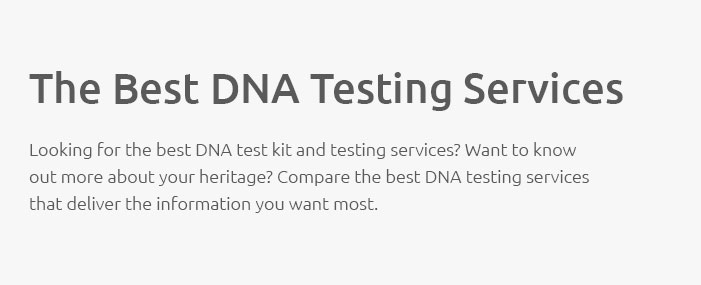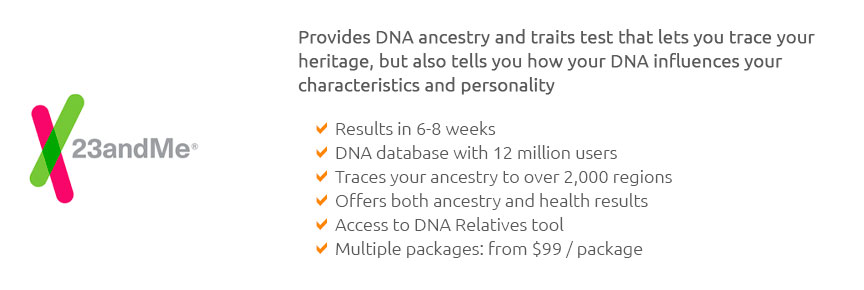 |
 |
 |
|---|
 |
 |
|---|
 |
|
|---|---|
 |
 |
 |
 |
 |
 |
 |
 |
 |
 |
 |
 |
 |
 |
 |
 |
|---|
Are Ancestry DNA Tests Accurate?The allure of uncovering one’s genetic history has propelled ancestry DNA tests to the forefront of consumer genetics, offering a tantalizing glimpse into the past and a sense of identity that transcends generations. Yet, the question remains: Are these tests truly accurate? Understanding the nuances behind these tests requires delving into the science, methodology, and potential limitations inherent in their design. Ancestry DNA tests operate by analyzing specific markers in an individual’s DNA and comparing these markers against a vast database to estimate ethnicity and geographical origins. Companies like AncestryDNA, 23andMe, and MyHeritage have amassed extensive genetic databases that ostensibly enhance the precision of their analyses. However, it is crucial to recognize that these estimates are just that-estimates. They rely on statistical probabilities rather than absolute certainties.
Considering these factors, it becomes evident that while ancestry DNA tests can offer valuable insights into one’s heritage, they should be approached with a measure of skepticism and an understanding of their limitations. They provide a fascinating narrative and a starting point for exploring one’s genealogical history, but they are not infallible. Indeed, these tests should be viewed as a piece of the puzzle rather than the definitive answer to one’s ancestral journey. In conclusion, ancestry DNA tests possess the capacity to unlock stories embedded in our genetic code, yet their accuracy is contingent upon various scientific, methodological, and database-related factors. As consumers, it is essential to approach the results with an informed perspective, recognizing that while these tests illuminate paths into our past, they do not provide an unerring map. In the world of genetics, as in life, embracing complexity and uncertainty is part of the journey. https://www.alphabiolabs.co.uk/learning-centre/ancestry-dna-test-accurate/
How accurate is an ancestry DNA test? The results of an AlphaBiolabs ancestry DNA test are 100% accurate based on the samples we receive into our laboratory, ... https://www.nature.com/articles/s41562-018-0499-9
This type of direct-to-consumer (DTC) test is particularly accurate in tracing biological relatedness among all participants in a company's ... https://news.stanford.edu/stories/2019/02/doesnt-want-dna-ancestry-test
As part of the survey, the researchers asked whether people would be interested in taking a DNA ancestry test if it were free. A large majority 93 percent ...
|
|---|